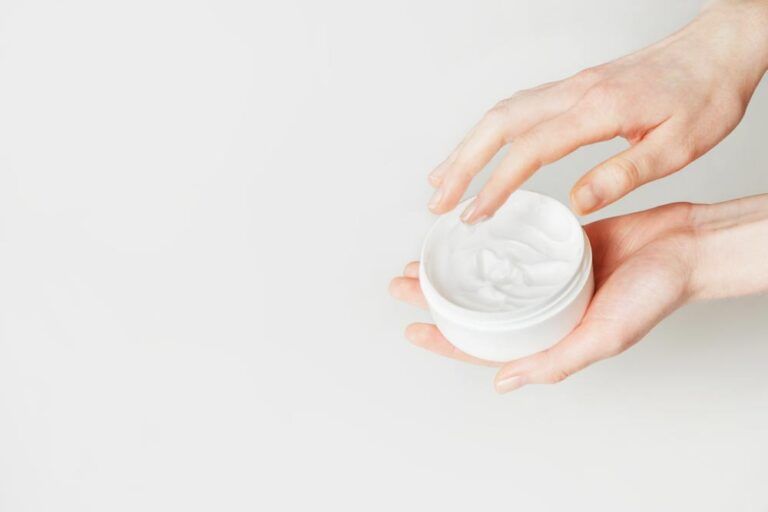As a Dermatologist, who has to recommend personal care products to use on the skin and hair, I want products to be safe and effective. I am concerned with an increasing number of scientific reports that raise concerns with chemical ingredients in our products. To be sure, all chemicals are not bad for your health. However, cosmetic and personal care products are under regulated by the FDA. In the European Union, hundreds of chemical have been panned from personal care products due to questions about their safety. In the United States, the FDA has only banned 12 chemical ingredients. Companies may claim their products are “natural” or organic but it is unclear what thislabel means. So, you must turn to the ingredient list on the back of the label. Certainly a more difficult task. With chemical ingredients, it is especially important to limit exposure to times with the body is vulnerable such as puberty, childhood and pregnancy.
Use this list as a way to shift away from questionable ingredients in products. These are the toxic ten.
1. Parabens: Used as preservatives, these chemicals have been linked to hormone disruption, cancer, and reproductive and developmental toxicity.
2. Phthalates: Found in fragrances, these chemicals are endocrine disruptors that can harm the reproductive system.
3. Isobutane, propane and propellants. This is a component of natural gas and crude oil that is commonly used in aerosol sprays, dry shampoos, aerosol sprays and deodorants. Benzene is a known carcinogen. The WHO has warned against exposure.
4. Formaldehyde and formaldehyde-releasing preservatives: A known carcinogen, it can also cause skin irritation and rashes.
5. Triclosan: Used as an antibacterial and antifungal agent, this chemical is linked to hormone disruption and can easily build-up in the environment. In 2017, the DA did ban this use.
6. Oxybenzone: An ingredient commonly found in sunscreens and moisturizers, it can cause skin allergies and can interact with hormones.
7. BHA and BHT: These are synthetic preservatives and are considered endocrine disruptors.
8. PFAS (Per- and polyfluoroalkyl substances) These are “forever chemicals”are concerning because they are in not just skin care and are possible carcinogens
9. Sodium Lauryl Sulphate/Sodium Laureth Sulfate: Detergents commonly used in soaps and toothpaste, they can cause skin irritation and have been linked to cancer.
10.Fragrance: These are considered trade secrets and so not revealed on labels but often contain phthalates and other problematic chemicals






